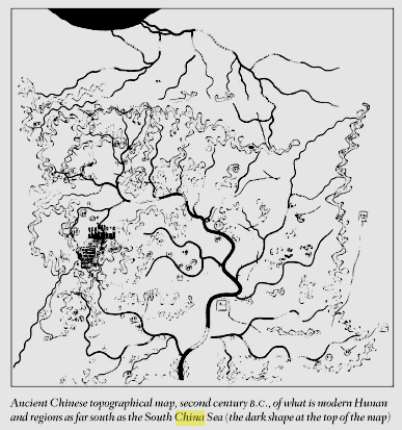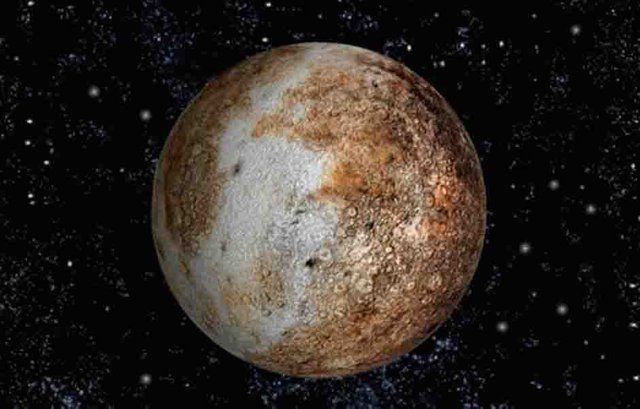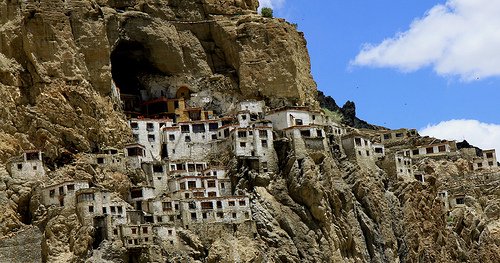Daily Field Notes #11
Welcome to the eleventh Daily Field Note! Here you find the top post of the day, one covering each scientific field that is included by Geopolis. Since these authors put a lot of effort in writing a good post they surely deserve the extra exposure.
Geopolis is a project to promote and connect authors who write in the fields of global sciences. Upvotes are currently worth more than $1,50 so don't hesitate to get involved or become a member for higher rewards! You can read more about the project and how to join here:
History: Human History X: The Mapmakers
Today @edumurphy tell the story of human history and how maps played a role in this evolution. He writes real nice and makes as good as no mistakes on the difficult concepts of cartography!

There are known knowns, there are things that we know we know. We also know there are known unknowns; that is to say, we know there are some things we do not know.
But there are also unknown unknowns, the ones we don't know we don't know.Once there was a emperor who sought a perfect map of his empire. The best cartographers in all of the empire were summoned and commanded to produce their finest work. Yet no matter how detailed, how precise, how elaborate, the Emperor remained unsatisfied. He demanded better maps, bigger maps, more accurate maps. His obsession grew. He hired platoons of explorers to delve into every nook and cranny of his empire, every cave, every hamlet, every forest, every tree. It was still not enough. Soon, he had an entire island set aside to recreate a map of his empire -- but even that was not enough. The Imperial sorcerers were commanded to follow the designs of the cartographers and recreate every detail of his empire in every detail, truly perfect, accurate to the nearest pebble, the nearest hut, to the nearest woman and man and child.
Geology: Pluto - Dwarf planet
Yay! Pluto! Our most favorite wannabe planet in the solar system. If you want to know more about this icy boulder besides that it is a cold rock, you should definitely read @neyi24's post.

Pluto, provisional designation: 134340 Pluto, is a dwarf planet of the solar system located next to the orbit of Neptune. Its name is due to the mythological Roman god Pluto (Hades according to the Greeks). At the General Assembly of the International Astronomical Union (UAI) held in Prague on August 24, 2006, a new category called plutoid was created, which includes Pluto. It is also the prototype of a category of transneptunian objects called plutinos. It has an eccentric orbit and very inclined with respect to the ecliptic, which runs close to its perihelion in the orbit of Neptune. Because of its density, Pluto seems made of rock, nitrogen, methane and carbon monoxide that freeze and fall on the surface as it moves away from the sun. Instead, the satellite is much lighter. This difference suggests that they were formed separately and then joined together.
Geography: Some lesser known places in India.
Yesterday he was here already with a post on the olderst cities in India, now @pratique007 shows up again with a beautiful article on lesser know, but none the less beautifull places in India. This guy should really start a travel agency.

Ecology: Discordant Harmonies - Daniel B. Botkin
@natator is here for the first time writing about the harmony and the many influences we humans have on the ecosystem. It is a nice addition to the ecology tag so make sure to read it.

Mainstream ecologists would probably reply, "Harmonious, of course. Everything is interconnected in a beautiful web of smoothly running adaptation."
Others might reply, "Inharmonious, of course. Upheavals and black swans abound, and nature is replete with fits and starts of evolution and abrupt climate alterations."
Anthropology: Culture, Social life and Sociocultural systems - Part 2: Culture
In his 2nd part, @zest writes about the sociocultural system of culture. As we can expect of him by now, It is full of interesting content and deep insights in the matter.

Culture is probably one of the most frequently used words in anthropology. The term is also commonly used in other disciplines and, by the public and media at large. But culture is also a term that has had a diversity of meanings ascribed to it - not even anthropologists, who have been using the term more frequently and for longer than other disciplines, agree on its meaning. There are virtually as many definitions of culture as there are anthropologists who write about the concept.
This was todays selection of post. Make sure to check out other authors and upvote this post to support the project!
Get involved on the Discord chat
Thank you for encouraging, sir.
Thanks for the mention! I like the time and effort you're putting into @geopolis, @samve!
Although I just noticed you tagged me as natator, and my name is @natator88.
Thank you! Nice to hear that, I'll edit it in a minute